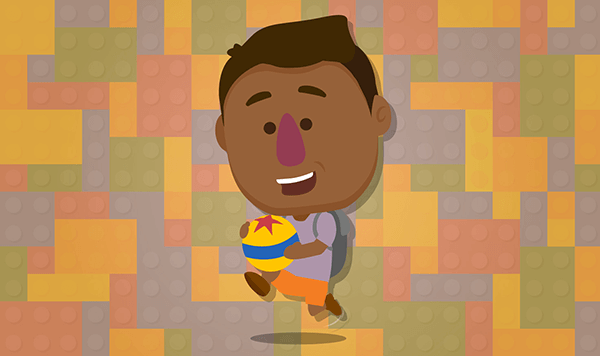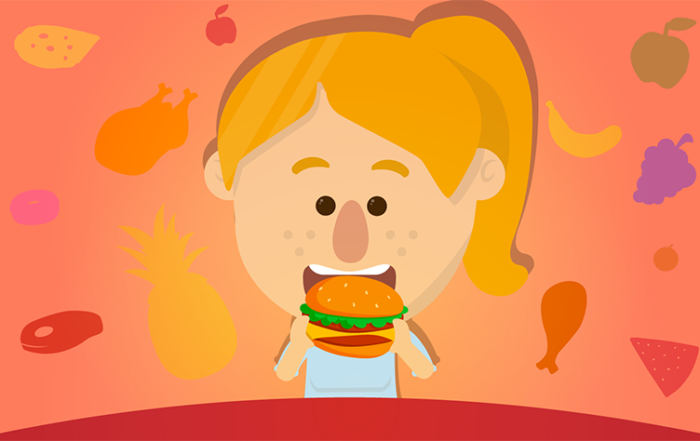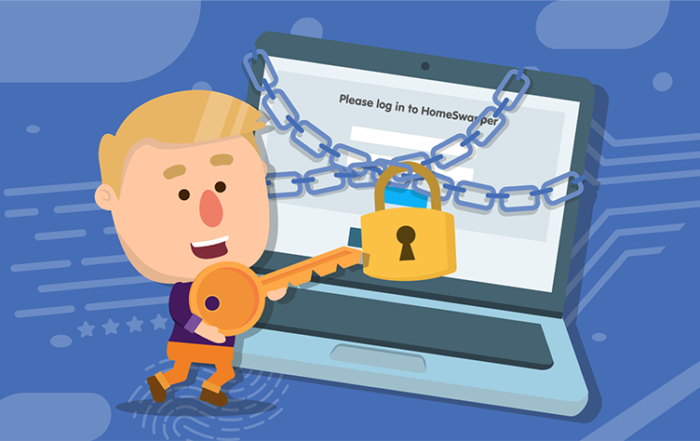
Childcare – what you’re entitled to
The costs of childcare in the UK can eat up a big chunk of the family budget – but there is help to be had! In this article, we’ll take a look at the financial support out there that you can access, from when your children are toddlers, right up to when they’re teenagers!
Tax-free childcare
If you’re a working parent with children under 12 (or under 17 for disabled children), you can open an online account to pay for registered childcare.
The government will top-up the money you pay into the account, so for every £8 you pay in, the government will add an extra £2. You can receive up to £2,000 per child per year – that’s up to £500 every three months! If your child is disabled, you can receive up to £4,000 per child – that’s up to £1,000 every three months!
Check how much help you could get by using this calculator here.
You, and any partner, must each earn (on average) at least £131 per week (equal to 16 hours at the National Minimum or Living Wage).
You can use Tax-Free Childcare at the same time as:
You can’t use it with:
Click here to get started!
15 hours free childcare
If your child is 2: This scheme is for 2-year old children of families living in England. It covers 15 hours of free childcare for 38 weeks, making a total of 570 free hours per year!
You’ll be able to access this free childcare if you’re on Universal Credit or benefits. For the specific types of benefits that will make you eligible, check here.
It’s worth noting that the 15 hours of free childcare is not meant to cover the costs of meals, or things like nappies or sun cream, additional hours or extra activities.
If your child is 3 or 4: This scheme is open to anyone living in England with 3-4 year old children. Same as above, you will have access to 570 free hours per year!
There are no restrictions around who can access this.
30 hours free childcare
If your child is 3-4 years old and you’re living in England, you could access 30 hours of free childcare each week for 38 weeks. That adds up to 1,140 hours per year!
You, and any partner, must each earn (on average) at least £131 per week (equal to 16 hours at the National Minimum or Living Wage).
Get an estimate here of how much you could get.
Your child can start in their childcare place the term after they turn 3 years old and have received a valid 30 hours code, whichever is later. Term start dates are 1st September, 1st January and 1st April.
Importantly, to keep your 30 hours free childcare place you need to check your details are up to date every 3 months.
As with the 15 hours of free childcare, this is not meant to cover the costs of meals, or things like nappies or sun cream, additional hours or extra activities.
Apply here for a September start.
Tax credits for childcare
Tax credits are for working families in the UK.
With Universal Credit taking over from tax credits, most people won’t be able to apply for tax credits anymore. However, if your area hasn’t moved onto Universal Credit yet, then you might still be able to apply for them.
If you are an existing tax credits customer you can claim back up to 70% of your eligible childcare costs for children under 16 (or under 17 for disabled children). Depending on your income, you could get up to £122.50 a week for one child or £210 for two or more. You can use these tax credits for childcare.
Universal Credit for childcare
Working families claiming Universal Credit in England, Scotland, Northern Ireland and Wales with children under 17 can claim 85% of eligible childcare costs, up to a cap.
You, and any partner, must be working, or due to start work, and claiming Universal Credit to be eligible. Whether you can claim will also depend on where you live and your personal circumstances.
By claiming through Universal Credit, you could be getting up to £646 a month for one child, or £1,108 for two or more.
Use this calculator to see what you could get.
Support while you study
If you’re under 20 and at the start of a publicly-funded course, such as a school or sixth form then you could get weekly payments through Care to Learn.
You can also apply for Discretionary Learner Support to pay for childcare if you’re 19 or over and in further education, for example, if you’re studying for an NVQ, BTEC or PGCE.
If you’re in full-time higher education you might be eligible for a Childcare Grant to pay for childcare costs for children under 15 (or under 17 if they have special needs).
If you’re not already taking advantage of the support on offer from the government, we really hope that by taking a look through these options, this will really make the difference and help to ease up the family finances!
The HomeSwapper Customer Support team are always on hand to give advice and tips on how to get the most from HomeSwapper. They deal with Swappers every day and have a unique insight and view on the thousands of successful swaps that take place on HomeSwapper.






